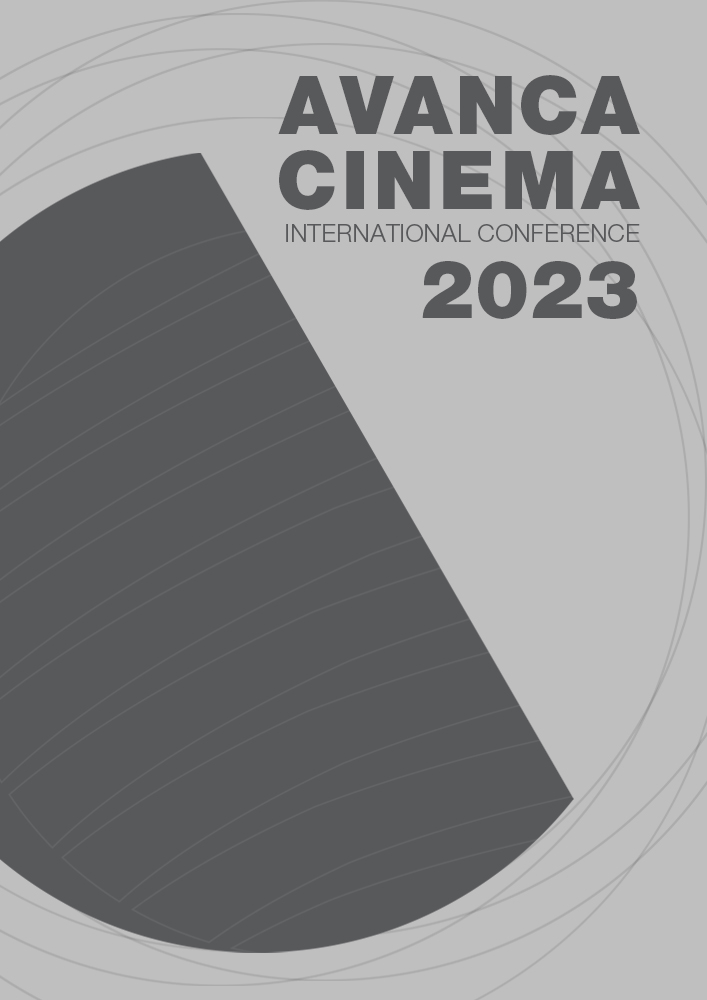Chapter III _ Cinema - Communication
Cinema, Theory of Representations and the Production of Space
Abstract
This article seeks to establish relationships between cinema and the theories of the philosopher Henri Lefebvre regarding the representations and production of space. The reflection elaborated from the bibliographic review has as its starting point the questions: Can geographical representations conveyed by cinema contribute to the understanding of cultural and social phenomena? Considering them associated with the ways in which people and groups conceive and live geographical relationships, how can representations contribute to the interpretation of space production? The theoretical approach to the production of space is related to the ways in which “geo-graphies” are created on the Earth’s surface and the ways in which specific social forms give them meaning. Spatial representations, such as cinema, are understood as capable of producing space.It is assumed as a premise that cinema is capable of portraying social practices, creating “images” of space that guide action and mobilize meanings associated with the experience of subjects. In this way, the text seeks to answer: Based on Lefebvre’s work, can cinema be considered as capable of producing worlds, portraying the experiences of different groups and subjects and provoking the emergence of the utopia of new worlds?
References

This work is licensed under a Creative Commons Attribution 4.0 International License.

